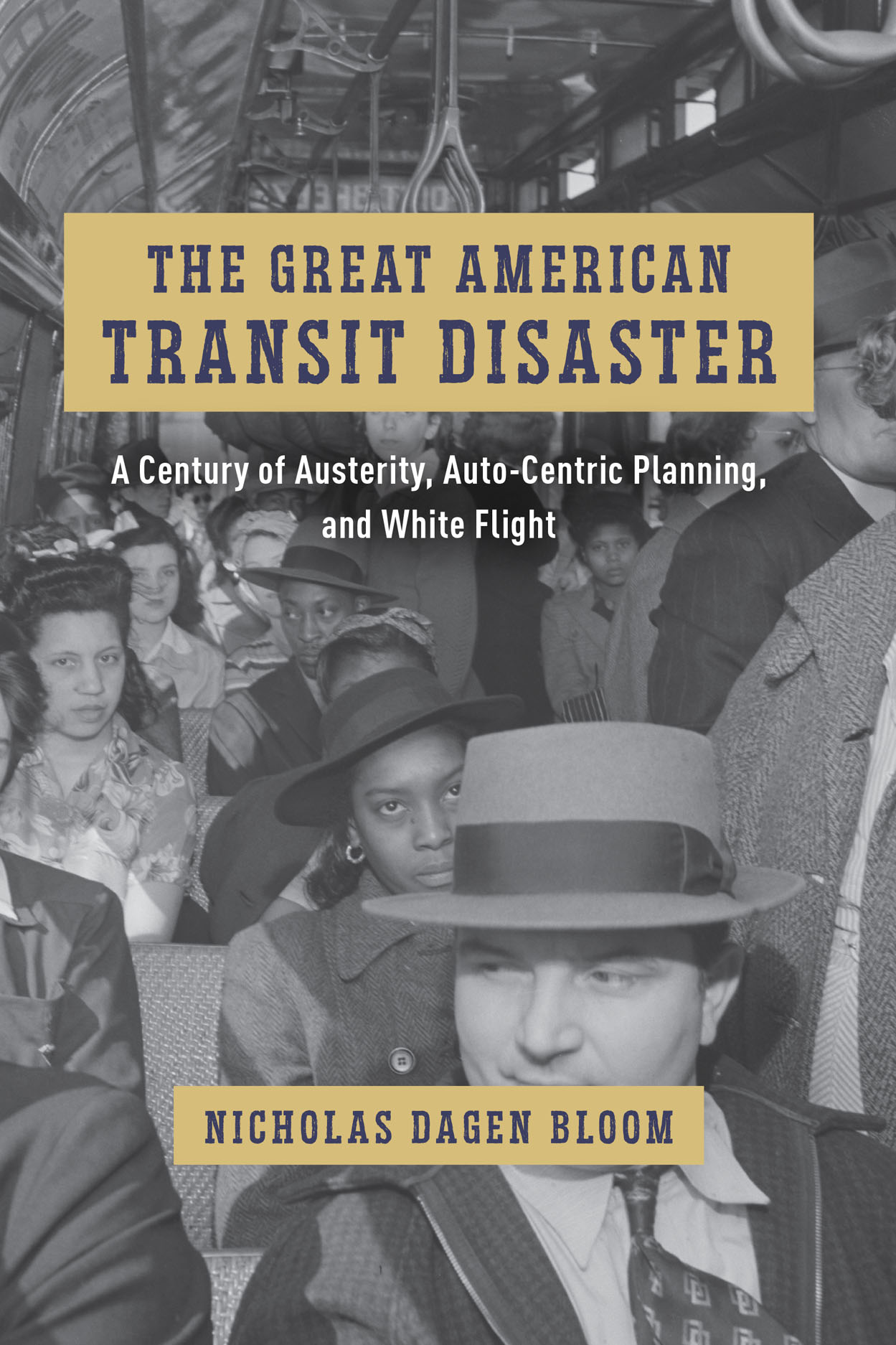It’s mind-blowing to consider just how good transit service once was. You wrote about how 100 years ago, dozens of Chicago’s streetcar lines operated throughout the night, often with 8- to 10-minute headways. What was the rationale for streetcar companies to provide so much service?
Well, the streetcar companies had the customers. They had an effective monopoly on mobility because people either had to use their feet or the streetcar. The motorcars were still for the elite at that time, and there wasn’t a lot of space for them. So the streetcar companies could profitably collect nickels and dimes, running service all through the night at those kinds of levels.
In the United States, we’re used to thinking of transit as requiring ongoing and substantial taxpayer subsidies. But in the book you explained that a century ago, transit was mostly privately provided. And it was quite profitable. How was it such a moneymaker?
Yeah, it was a very profitable business. But the money was never really in the mobility, per se; the money was in the aligned real estate investments. The streetcar lines shortened the time it took for people to travel from city centers or industrial areas and residential areas. By shortening that time, you opened up an empire of land around cities.
The big money was always in the land development. Once the transit lines were built, the land was basically developed around them. At that point, the transit companies had declining interest in the lines and let service deteriorate.
Was there a perception that the streetcar companies were making money off the backs of commuters? If so, I imagine that when streetcar companies started struggling, people might say, “Screw you guys. You don’t deserve our help, because you’ve profited at our expense for a long time.”
Absolutely. It was hard to shift away from the popular view of the transit company as this evil empire. In an era of skepticism of big business, it was very hard to see the public utility side of transit service. Also, city governments became very reliant on the taxes coming out of transit companies.
Yes, it’s striking today that not only did cities refuse to subsidize transit for decades, they taxed them. You included an example of Atlanta in the 1960s, when 5 cents of a 35-cent bus fare went to taxes. What was the thinking behind that?
At the beginning of the 20th century, streetcars did make money as enterprises. They were able to pay these taxes and still turn a profit. Cities had become so accustomed to transit being a contributor to municipal budgets that it was very hard to shift that approach until they essentially failed.
